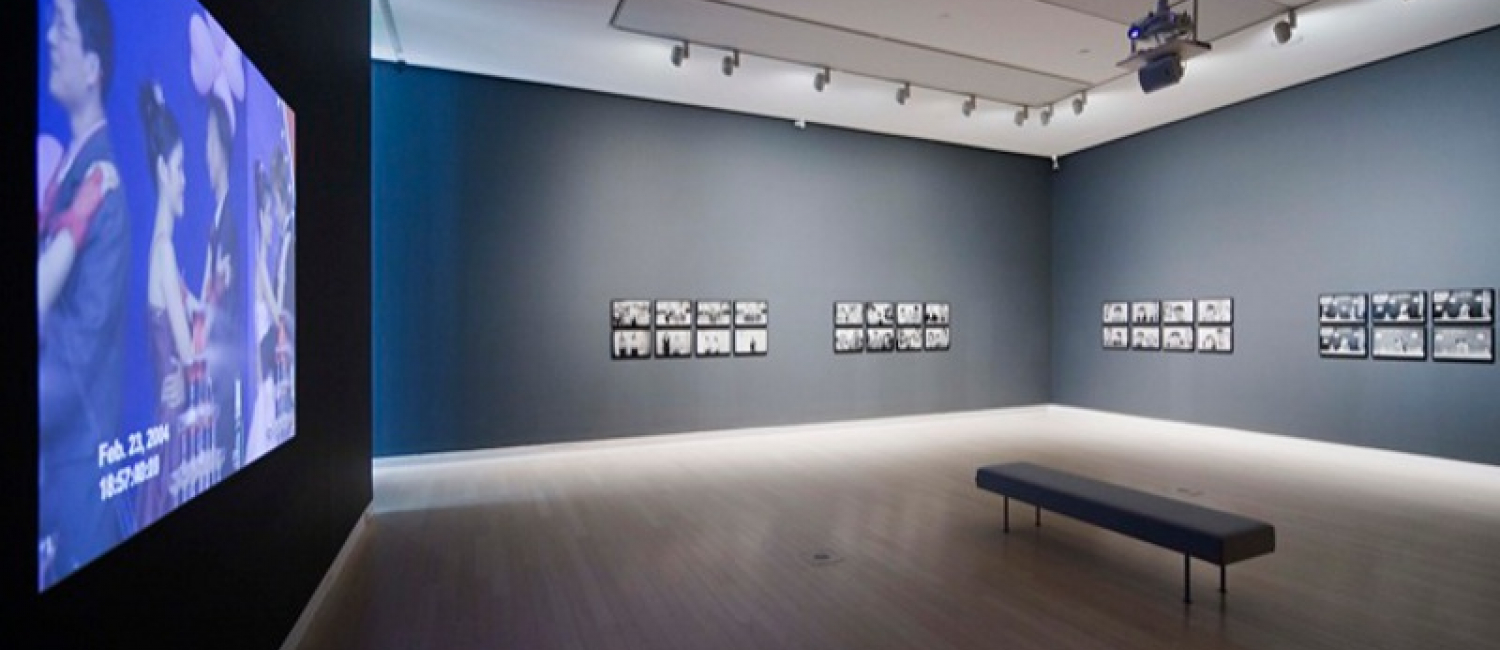Taiwan Calling is the first large-scale exhibition in the region to present contemporary Taiwanese art. In recent years, the increasing number of programmes created by various European cultural institutions has shown a genuine and professional interest in contemporary Asian art. The exhibition in Budapest, due to a unique cooperation, is on display simultaneously at the Ludwig Museum and Műcsarnok, where the works of altogether 25 artists represent the rich and fresh contemporary Taiwanese art scene.
<a href=http://www.mucsarnok.hu/new_site/index.php?lang=en&t=561&curmenu=201&kovetkezo_collapse=0 target=_blank>Taiwan Calling - The Phantom of Liberty / Műcsarnok - Kunsthalle Budapest / December 17, 2010 – February 13, 2011 / Read more...
The Taiwan Calling - Elusive Island group exhibition of contemporary Taiwanese art at the Ludwig Museum - Museum of Contemporary Art, Budapest presents works by generations of Taiwanese artists born since the Second World War. As such, the display enumerates historical, political, ethnical, social, cultural or national identity questions emerging in the diverse society of today’s Taiwan.
During the last few decades, Taiwan has witnessed rapid and radical changes in its politics and culture, which led to the critical questioning of Taiwanese identity, whereby a reconstructed Taiwanese identity emerged. This was a process of turning away from the unified cultural identity dictated by continental China, seeking to evolve a unique Taiwanese consciousness. Consequently, contemporary Taiwanese art production during the last two decades has conspicuously shifted from traditional genres to engage in new media. Following a period of explorations and experimentations focused mostly on imitating Western art, Taiwanese artists have begun to steer their own course, in pursuit of new means of expression, primarily in the fields of installation and video art.
The major recurring subject matter for those generally elder artists who are responsive to the social issues of their country includes immigration and emigration, integration, inter-cultural communication, inter-generational conflicts and shifts, as well as inter-marriage between people of different nationalities. Such issues are often addressed in video-based artworks (Cheng-Ta YU, Chien-Chi CHANG, Yu-Chin TSENG, Hsiao-Lan FAN).
The accelerating infrastructural development of the fifties through the seventies, along with the improvised urban and industrial construction work it involves, has remained a fundamental element in Taiwan's contemporary cityscape. The exciting and challenging tasks pertaining to the process of rehabilitation and refurbishing have become a central issue for Taiwanese artists, who try to transform their everyday environments through real or simulated, and often playful works of installation art or video productions (Han-Hong TAI, Wei-Li YEH, Chi-Tsung WU, Kuang-Yu TSUI, Ya-Hui WANG, Hojang LIU).
As opposed to the elder generation, the young generation of artists, born in the late seventies and early eighties and raised among better social and economic circumstances, are less concerned with political and social issues. Their works are marked by introspection and contemplation, and are more sensual in character. They realise works of more existential content, or focused on a contemporary reinterpretation of Far Eastern cultural and artistic traditions (Yong-Ning TZENG, Charwei TSAI, Mia Wen-Hsuan LIU).
The exhibition is a collaboration between the National Taiwan Museum of Fine Arts, the Mucsarnok, Budapest and the Ludwig Museum - Museum of Contemporary Art, Budapest. The curator of the Taiwan Calling - Elusive Island exhibition at the Ludwig Museum is Róna Kopeczky.
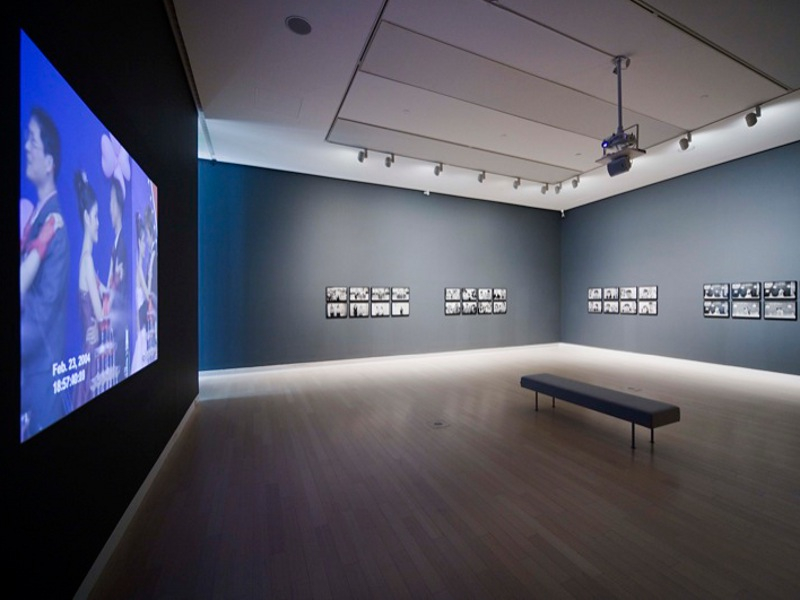
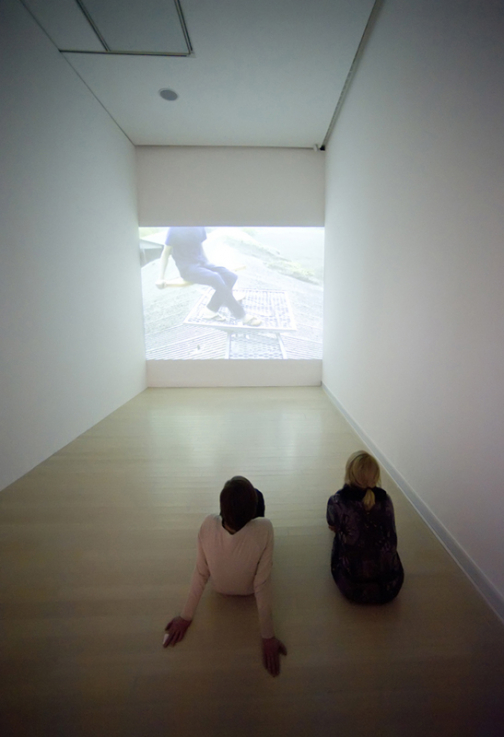
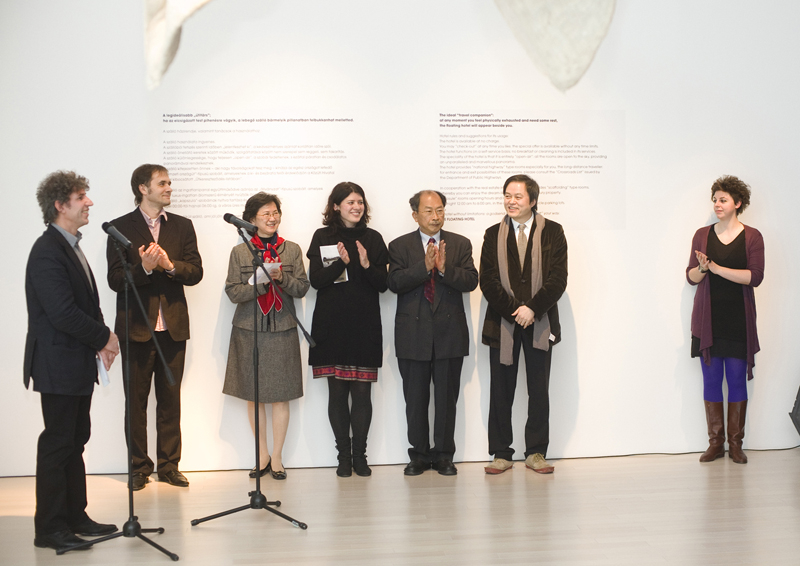
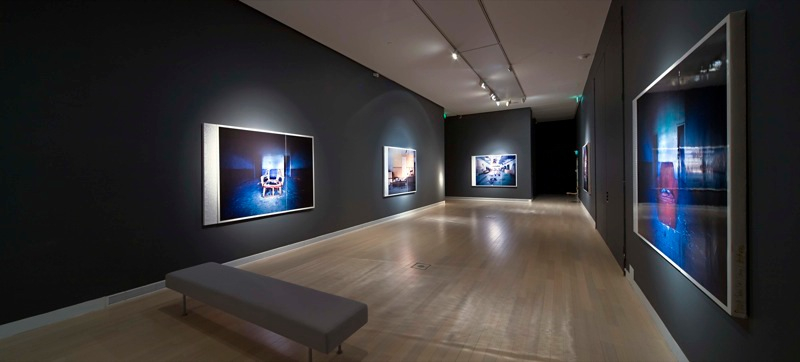
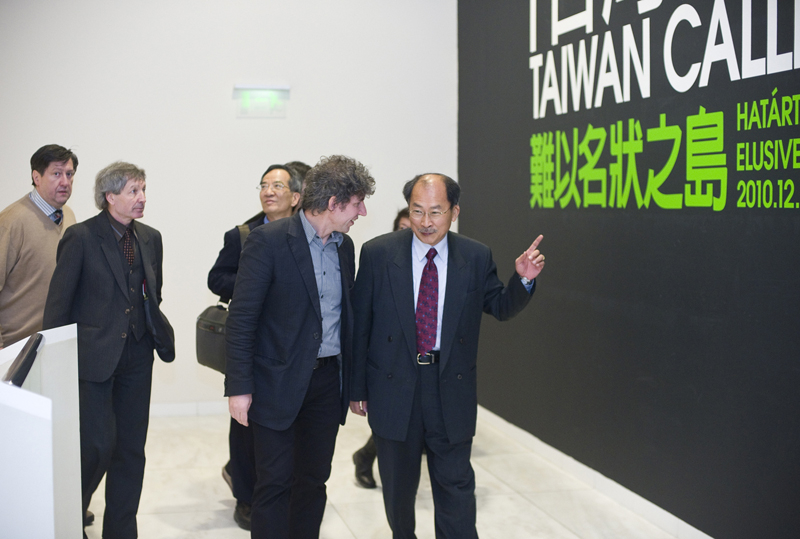
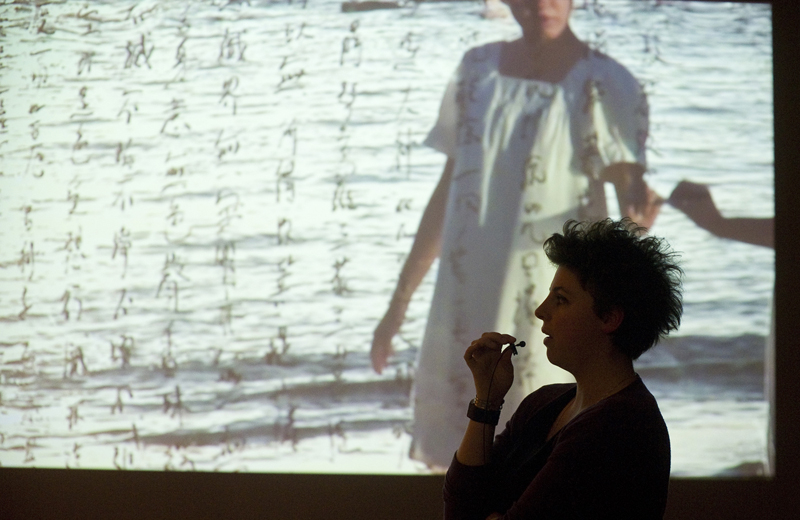
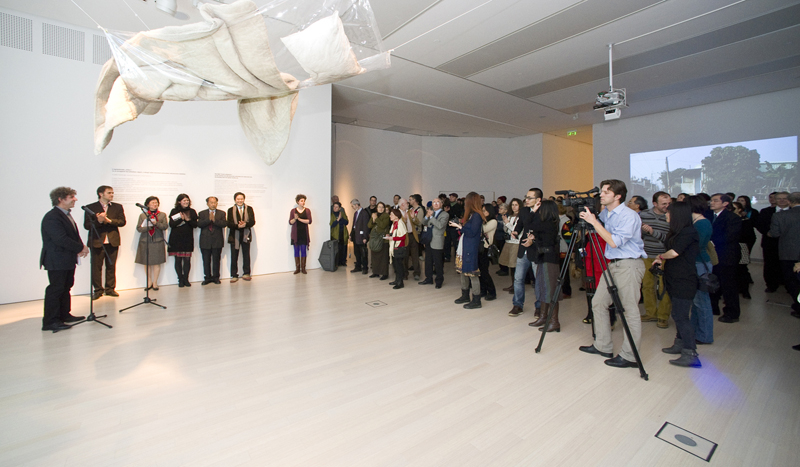
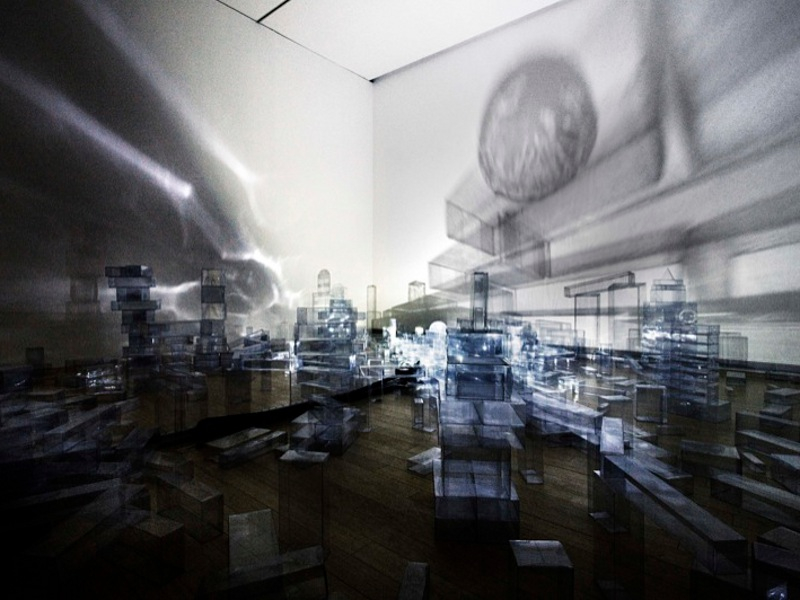
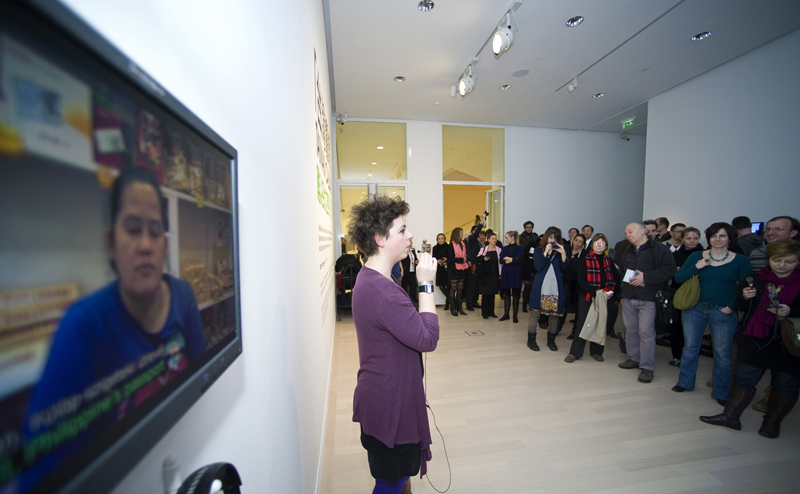
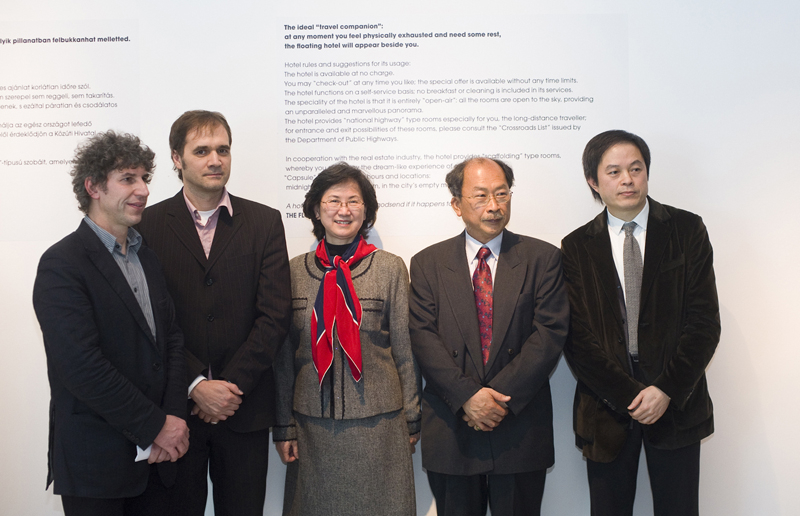
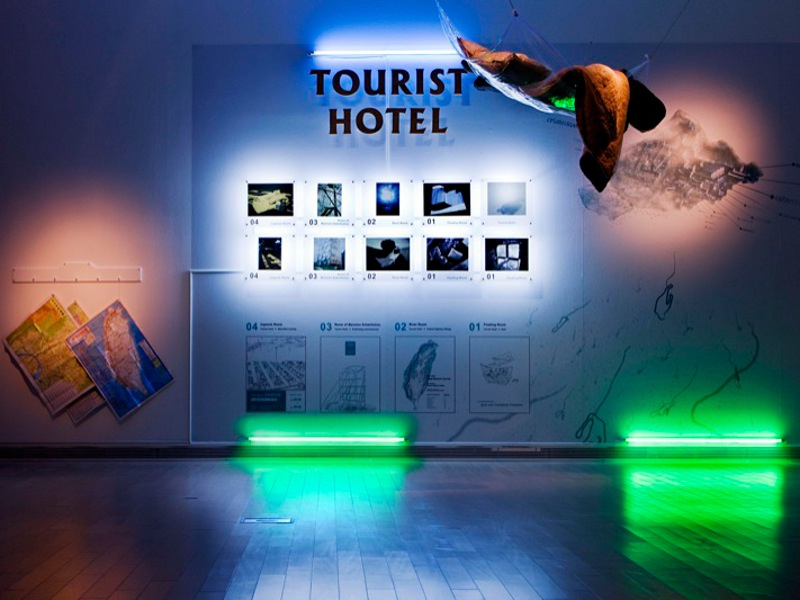
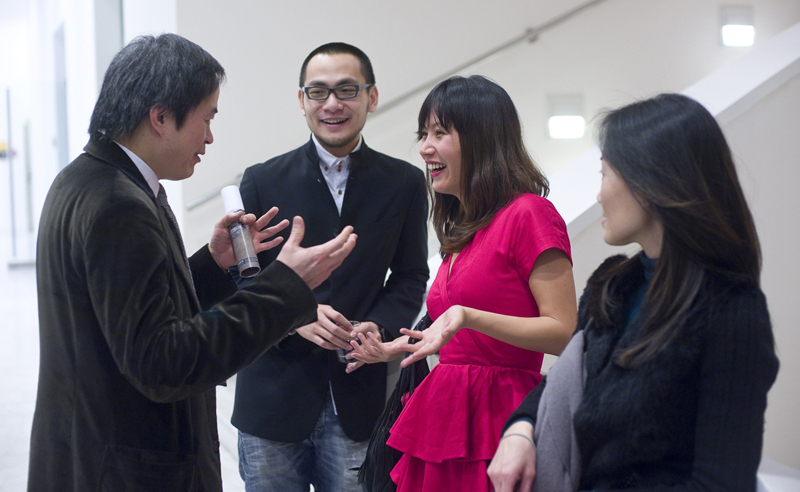
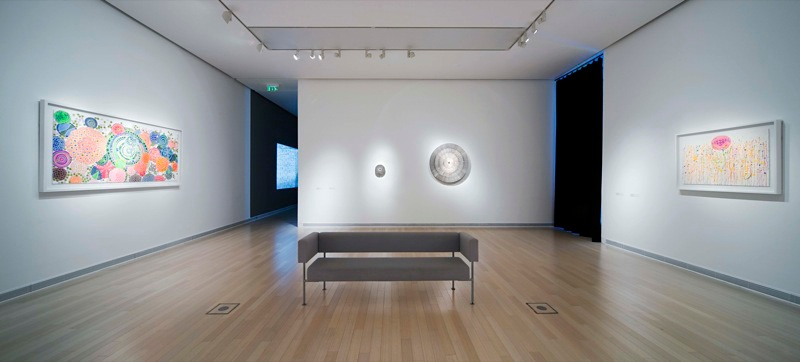
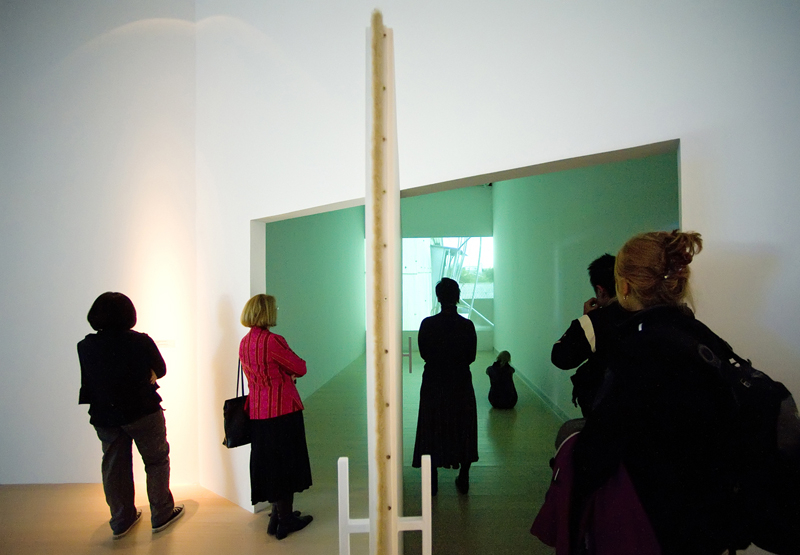
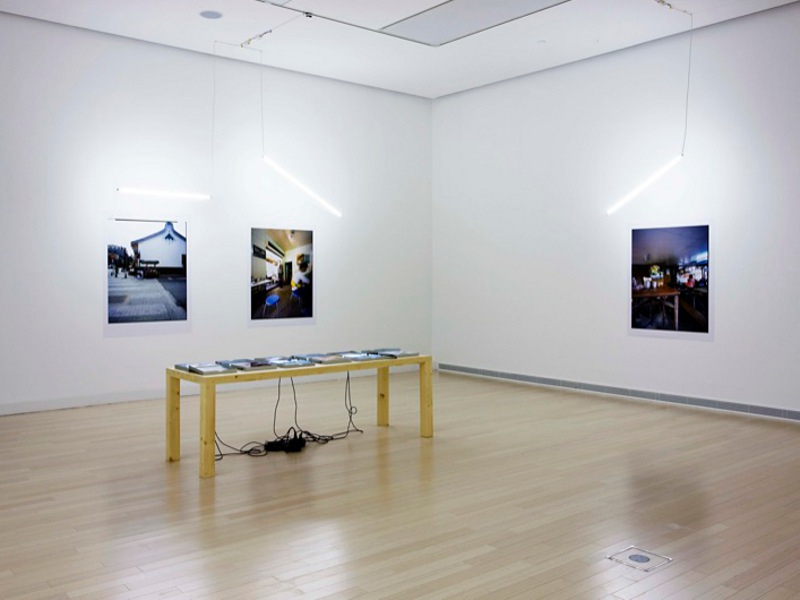
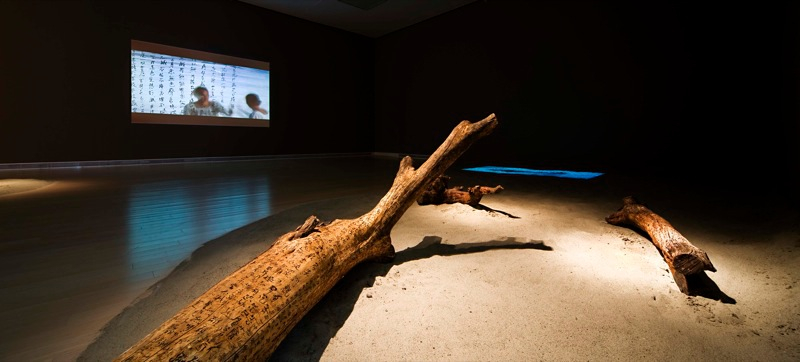
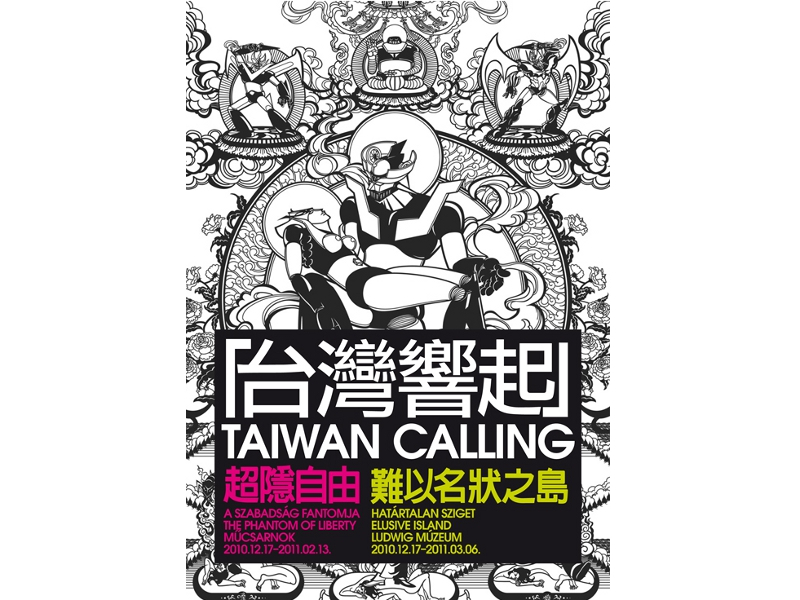
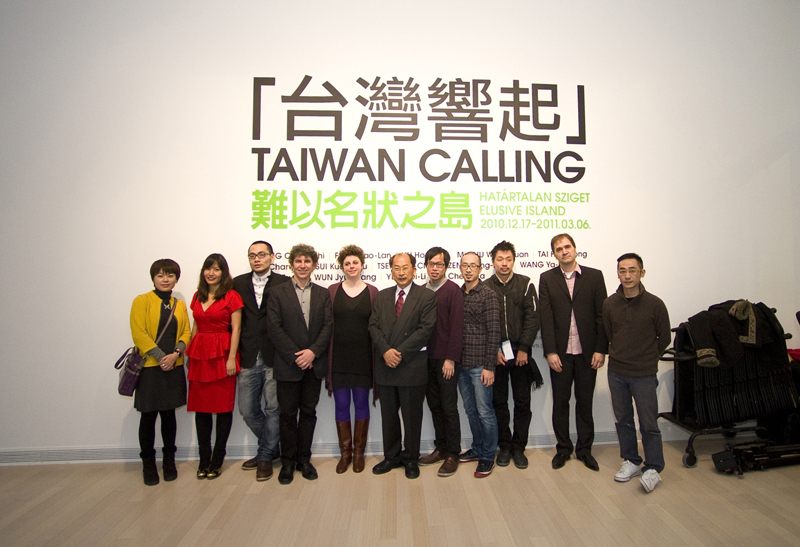
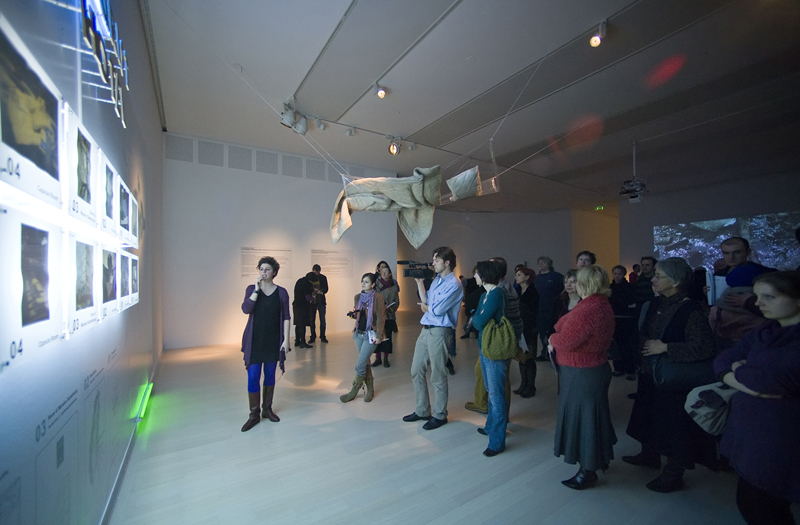
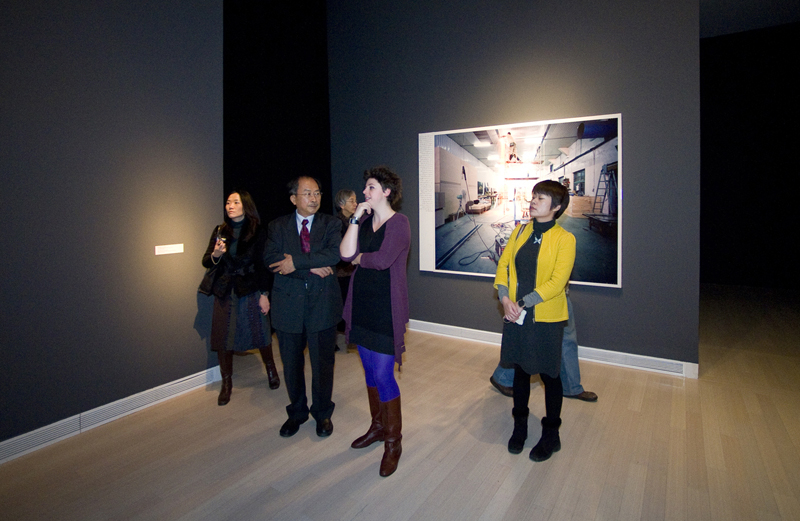
Related contents
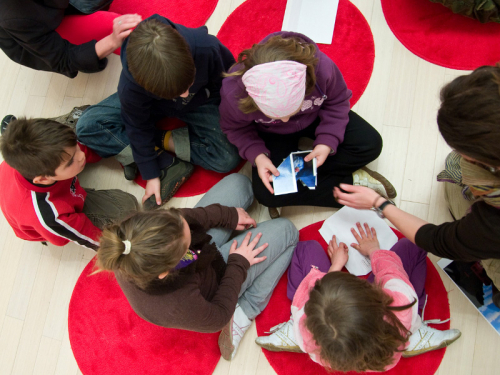
Family Matinee: Elusive Island 5. March, 2011, 00:00–00:00
Creative session for children in connection with the Taiwan Calling: Elusive Island exhibition.
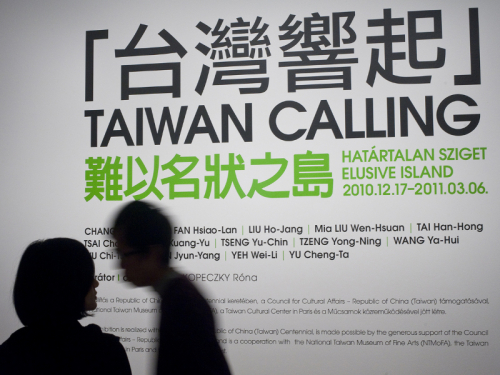
Guided Tour in English: Elusive Island 3. March, 2011, 00:00–00:00
Free complementary guided tour in English. Every Thursday at 5 PM.
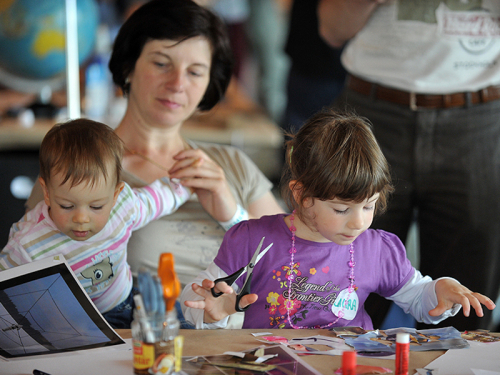
LumiMini Wednesday 2. March, 2011, 00:00–00:00
The Ludwig Museum offers a special facility for families with small children. On LumiMini Wednesdays the little ones can play on baby mats at the exhibition space, and their parents may take a tour at the Taiwan Calling: Elusive Island exhibition.
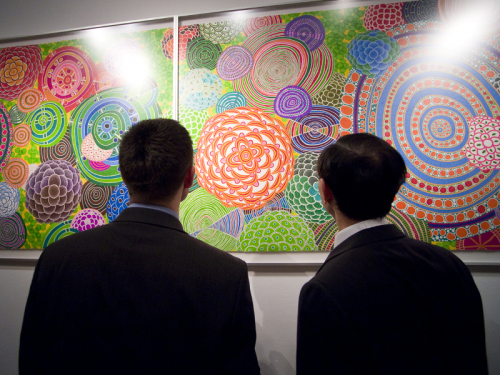
Guided Tour in English: Elusive Island 26. February, 2011, 00:00–00:00
Free complementary guided tour in English. Saturdays at 5 PM.
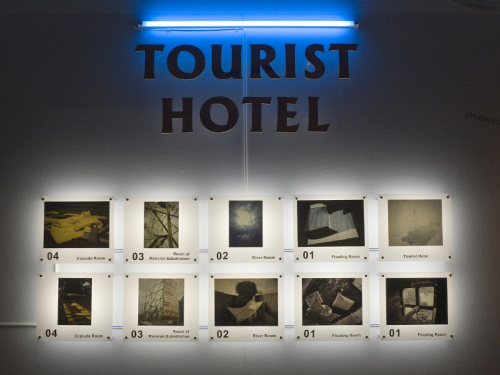
Guided Tour in English: Elusive Island 24. February, 2011, 00:00–00:00
Free complementary guided tour in English. Every Thursday at 5 PM.
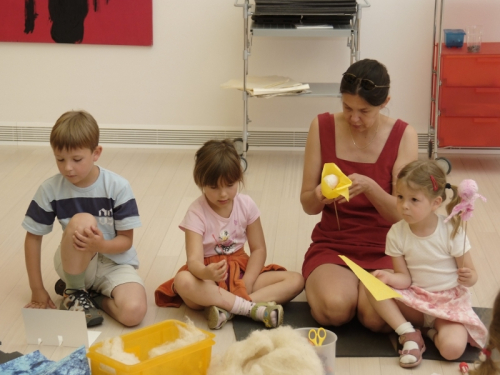
LumiMini Wednesday 23. February, 2011, 00:00–00:00
The Ludwig Museum offers a special facility for families with small children. On LumiMini Wednesdays the little ones can play on baby mats at the exhibition space, and their parents may take a tour at the Taiwan Calling: Elusive Island exhibition.
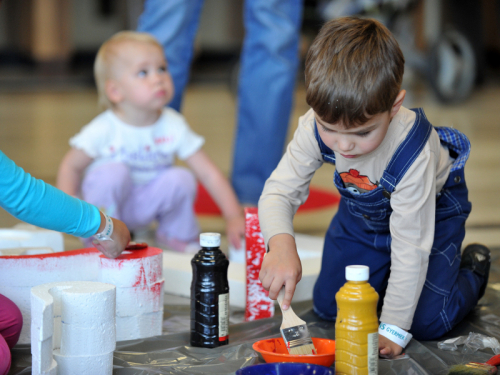
Family Matinee: Elusive Island 19. February, 2011, 00:00–00:00
Creative session for children in connection with the Taiwan Calling: Elusive Island exhibition.
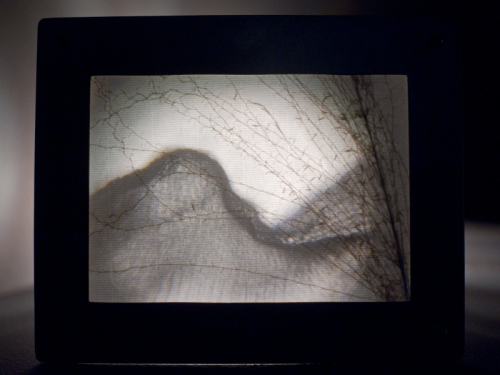
Guided Tour in English: Elusive Island 17. February, 2011, 00:00–00:00
Free complementary guided tour in English. Every Thursday at 5 PM.
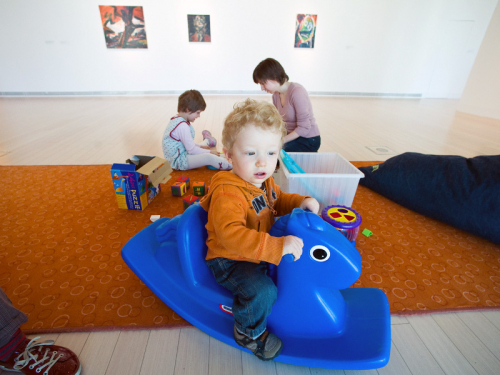
LumiMini Wednesday 16. February, 2011, 00:00–00:00
The Ludwig Museum offers a special facility for families with small children. On LumiMini Wednesdays the little ones can play on baby mats at the exhibition space, and their parents may take a tour at the Taiwan Calling: Elusive Island exhibition.
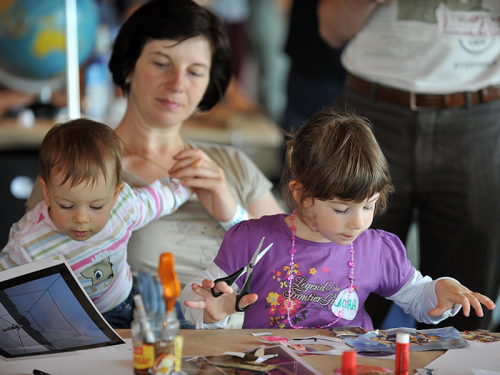
Family Matinee: Elusive Island 12. February, 2011, 00:00–00:00
Creative session for children in connection with the Taiwan Calling: Elusive Island exhibition.
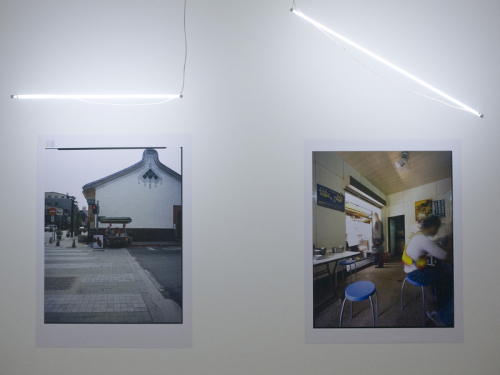
Guided Tour in English: Elusive Island 10. February, 2011, 00:00–00:00
Free complementary guided tour in English. Every Thursday at 5 PM.

LumiMini Wednesday 9. February, 2011, 00:00–00:00
The Ludwig Museum offers a special facility for families with small children. On LumiMini Wednesdays the little ones can play on baby mats at the exhibition space, and their parents may take a tour at the Taiwan Calling: Elusive Island exhibition.
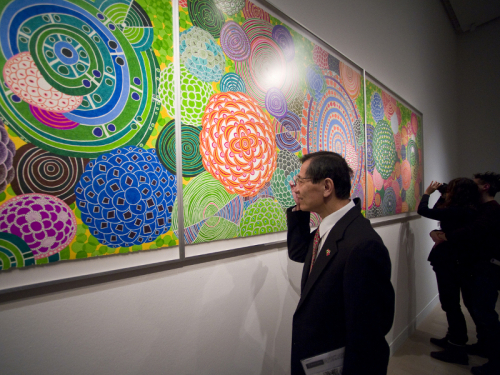
Guided Tour in English: Elusive Island 5. February, 2011, 00:00–00:00
Free complementary guided tour in English. Saturdays at 5 PM.
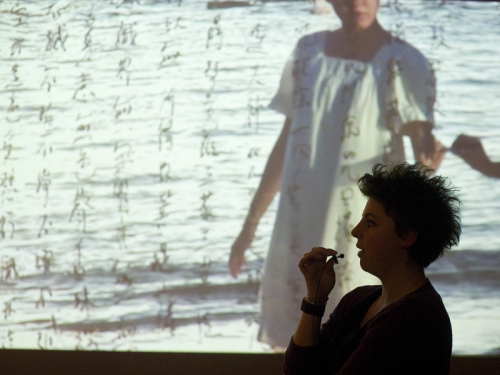
Guided Tour in Hungarian: Elusive Island 3. February, 2011, 00:00–00:00
Free complementary guided tour in Hungarian. Every Thursday at 6 PM.
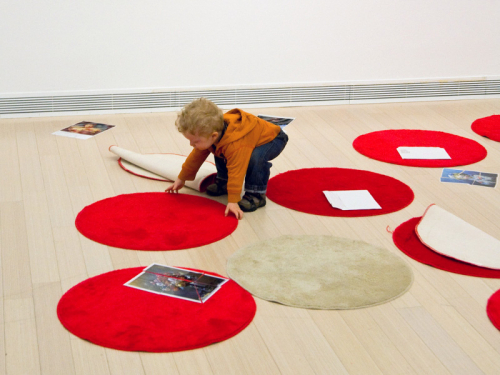
LumiMini Wednesday 2. February, 2011, 00:00–00:00
The Ludwig Museum offers a special facility for families with small children. On LumiMini Wednesdays the little ones can play on baby mats at the exhibition space, and their parents may take a tour at the Taiwan Calling: Elusive Island exhibition.
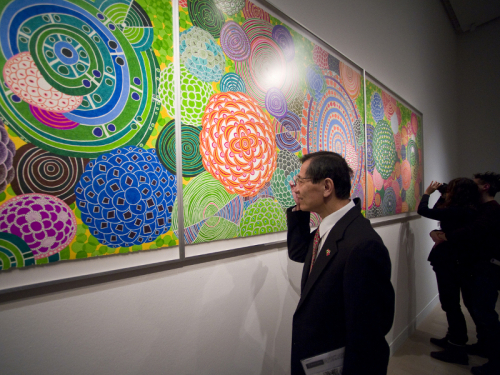
Guided Tour in English: Elusive Island 29. January, 2011, 00:00–00:00
Free complementary guided tour in English. Saturdays at 5 PM.
Ludwig Museum`s museum interpreters are available at this exhibition every day (except Mondays) from 10 AM to 8 PM.
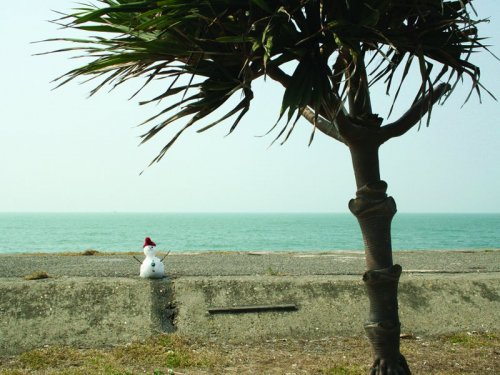
Guided Tour in Hungarian: Elusive Island 27. January, 2011, 00:00–00:00
Free complementary guided tour in Hungarian. Every Thursday at 6 PM.
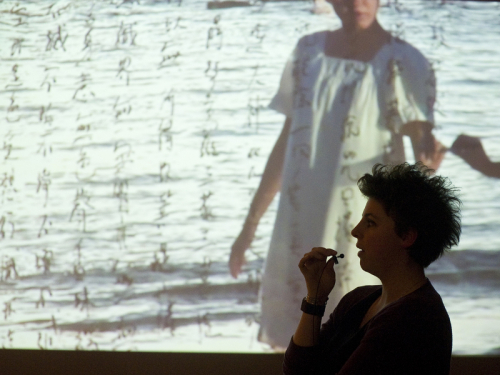
Teacher`s Tuesday: Elusive Island 25. January, 2011, 00:00–00:00
Museum education workshop for teachers in connection with the Taiwan Calling: Elusive Island exhibition.
The workshop is in Hungarian.
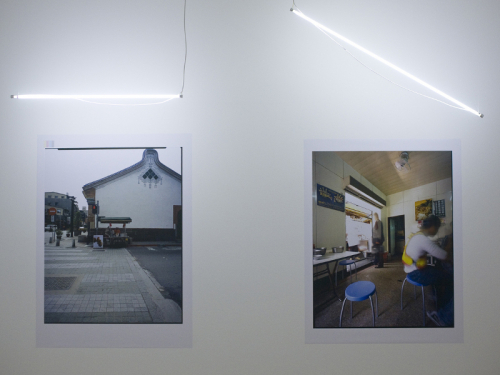
Guided Tour in Hungarian: Elusive Island 22. January, 2011, 00:00–00:00
Free complementary guided tour in Hungarian. Saturdays at 4 PM.
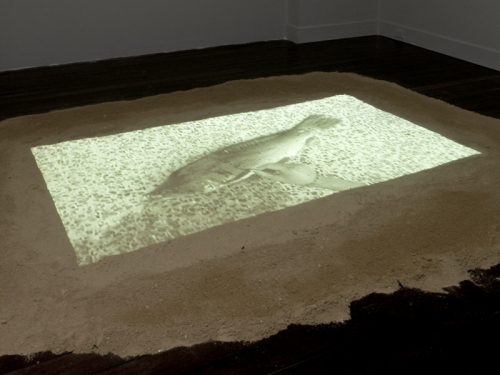
Guided Tour in English: Elusive Island 20. January, 2011, 00:00–00:00
Free complementary guided tour in English. Every Thursday at 7 PM.
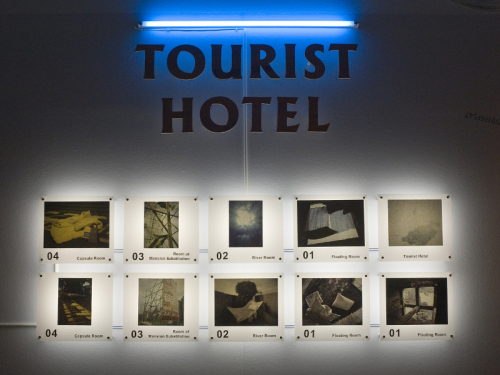
Guided Tour in English: Elusive Island 15. January, 2011, 00:00–00:00
Free complementary guided tour in English. Saturdays at 5 PM.
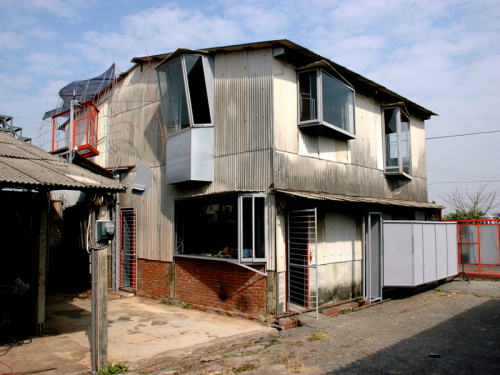
Guided Tour in English: Elusive Island 13. January, 2011, 00:00–00:00
Free complementary guided tour in English. Every Thursday at 7 PM.
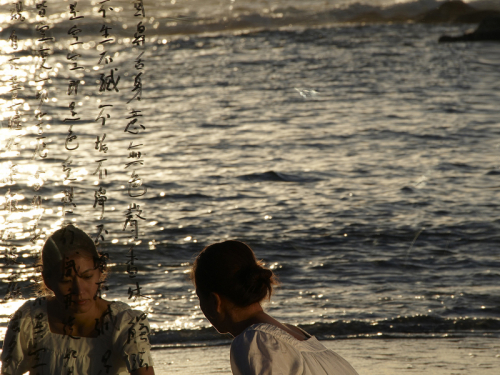
Guided Tour in English: Elusive Island 6. January, 2011, 00:00–00:00
Free complementary guided tour in English. Every Thursday at 7 PM.
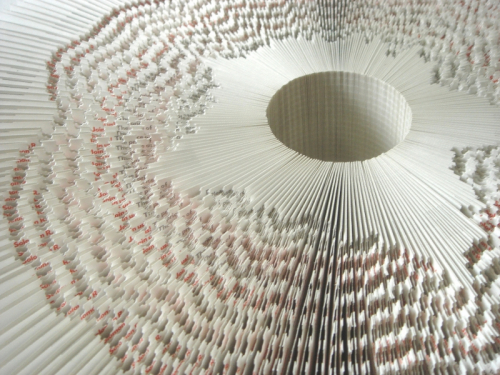
Guided Tour in Hungarian: Elusive Island 30. December, 2010, 00:00–00:00
Free complementary guided tour in Hungarian. Every Thursday at 6 PM.
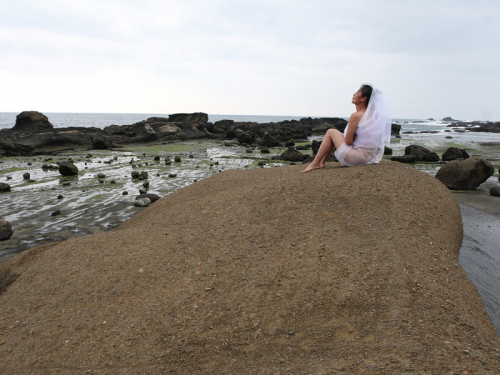
Guided Tour in English: Elusive Island 23. December, 2010, 00:00–00:00
Free complementary guided tour in English. Every Thursday at 7 PM.
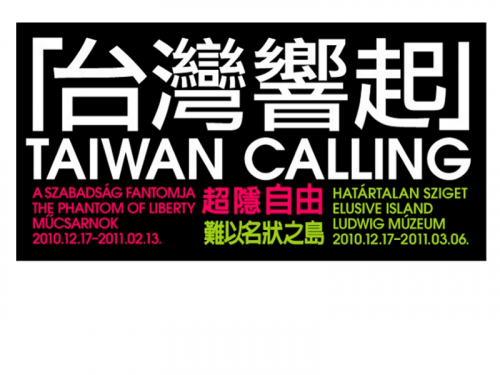
TAIWAN CALLING: Exhibition Opening 16. December, 2010, 00:00–00:00
The Ludwig Museum - Museum of Contemporary Art, Műcsarnok / Kunsthalle Budapest, the National Taiwan Museum of Fine Arts and the Taiwan Cultural Center in Paris cordially invite you to the two opening events of the exhibition Taiwan Calling on Thursday, December 16, 2010.
